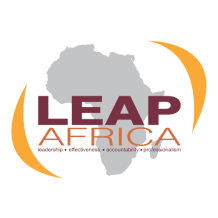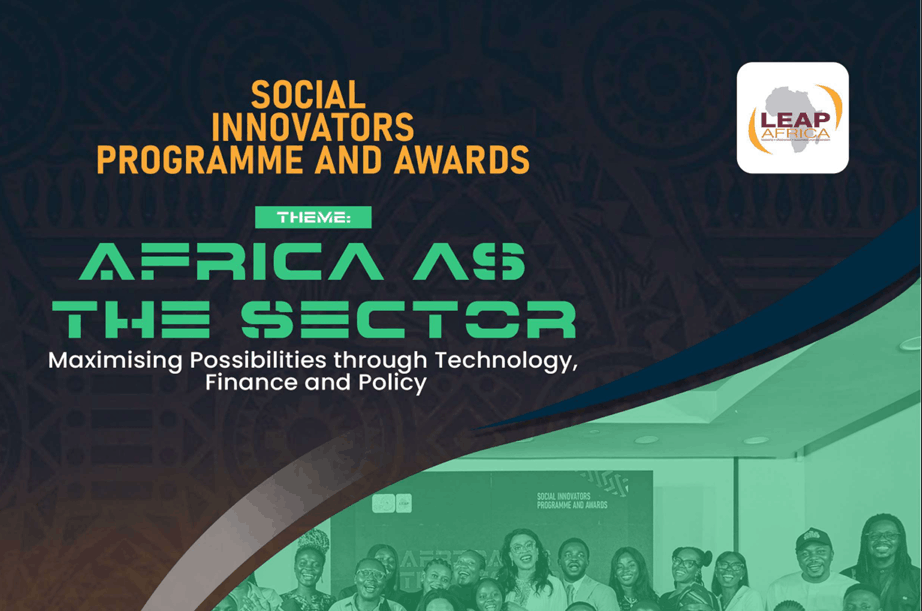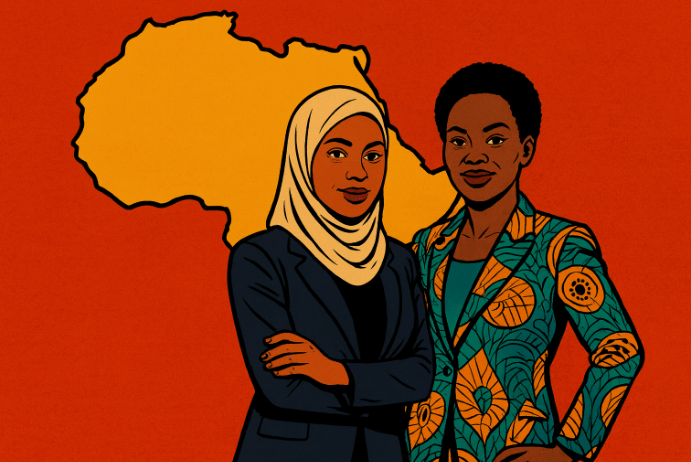INTRODUCTION
The concept of citizenship is increasingly transitioning from a passive feeling of entitlement to a more society-oriented mindset. It brings to the fore citizen’s responsibility rather than rights, shifting from focusing solely on political activism to volunteerism. While the former is understood as participation in public or political space, the latter focuses on citizenship engagements in volunteering activities as part of civil societies or communities. Koffi Annan, the former secretary-general to the United Nations, once said, “No one is born a good citizen; no nation is born a democracy. Rather, both are processes that continue to evolve over a long time.”
These words re-emphasize the importance of being ‘active’ within the concept of citizenship. Active citizenship involves people acting together or individually to achieve a change or benefit in society or resist an unwanted change. Through active citizenship, young people develop the confidence and conviction that they can act with others, have influence, and make a positive difference in society. A significant way active citizenship is promoted is through volunteering in communities. It involves teaming up with local organizations to support communities to act individually and collectively to shape their development. It is believed that a small group of thoughtful and committed citizens can have an enormous positive impact on their community. This article, therefore, focuses on volunteering as a tool for active citizenship.
VOLUNTEERING AND CITIZENSHIP
Active citizenship is a highly contested concept that has become intertwined with terms such as society and community. In his publication titled ‘citizenship identity and social inequality,‘ Marshallescribed citizenship as full membership of a community. Active citizenship is very dynamic and manifests in different, new (untraditional) forms. Citizenship in the context of today’s realities has been shaped in a new way. It has shifted in the direction of socio-cultural reconceptualization becoming a civic-cultural phenomenon. In this context, active citizenship singles out the individual’s cultural identity, which is perceived as a member of a socio-cultural community in which his acts are primarily culturally based. The motivation to participate is formed, first, according to the needs and images of the participants and takes place voluntarily. Motivation does not have to result in direct individual participation.
Volunteering can be defined as any activity that involves spending time unpaid, doing something that aims to benefit the environment or someone (individuals or groups). Crucial to this definition is that volunteering must be a choice freely made by each individual. These choices include formal activity undertaken through public, private, and voluntary organizations and informal participation and social action in communities. Every citizen of a country has the right to volunteer, and volunteering can significantly benefit individuals.4
WHY VOLUNTEER?
Volunteering has a social impact; it shows how regular selfless services weave a social fabric that sets the stage for positive change. Volunteering engages people in social issues. It connects volunteers to people they would not have met on a good day. Deeply rooted in the plight of social woes, volunteers identify gaps, build bridges, and nurture a cohesive community built on trust. Volunteering roles develop important qualities in volunteers, which closely mirror the qualities of an active citizen. It also creates the belief in the importance of community involvement. A study by Nicholas Moorfoot, published in the International Journal of Development Science, found that young people who regularly volunteer in high school are more likely to volunteer as adults. The authors opined that volunteering helps shape adolescents’ identities. As adolescents volunteer and understand the scope of social problems, they develop self-confidence and see themselves as people capable of effecting change. An evaluation report behind the iLEAD initiative by LEAP Africa suggested that when adolescents become involved in volunteering, they start making decisions about solving community problems. Practicing such problem-solving skills at a young age, combined with insights gained through service, leads to confident young adults who believe they can make a difference in their communities.
Insights from LEAP Africa’s Youth Leadership Programme (YLP) – aimed at empowering undergraduates with soft skills for active citizenship and meaningful contribution to their communities – reveals that students who participated in the change projects demonstrated a feeling of self-worthiness and fulfillment. These young students testified to how they could find their identity and saw themselves as persons capable of contributing to their community in a positive light. Regular volunteers develop strong social ties with the communities they serve; such relationships result in an in-depth understanding of problems the community faces.
Frequent participation in volunteering activities exposes volunteers to shared problems and encourages greater public deliberation of a wider range of collective issues. It also challenges people to help needy causes by utilizing civic resources. This results in volunteers becoming more confident networking with government offices to address social needs.
YOUTH-LED VOLUNTEERING
According to figures to the United Nations in 2015, youths aged between 15-24 globally are approximately 1.2 billion; this figure is expected to double by 2030. This global trend has its fingers pointing to Africa because it has the largest concentration of young people. Youth aged 15-24 represents nearly 20% of Africa’s population, making up one-fifth of the world’s youth population. Moreover, the share of Africa’s youth globally is forecasted to increase to 42% by 2030 and is expected to continue to grow throughout the remainder of the 21st century, more than doubling from current levels by 2055 – a phenomenon otherwise known as the youth bulge. The immediate implication is the recognition of the role of youth in the development of the continent.
Young people’s participation in voluntary activities like community service, service-learning, and civic engagements fosters economic growth, inculcates proper civic values, and helps community development. It has become pertinent to encourage and support youth in taking positive action towards nation-building. Therefore, they must get involved with civic society organizations either in self-help groups or as proactive engagements with programs and projects implemented by NGOs.
Volunteerism offers a viable and worthwhile pathway for young people to exercise their agency meaningfully. Their voices, creativity, and strength provide great potential for Africa’s development if harnessed positively. It is only left to imagine how much growth and development awaits the continent if all hands are on deck to volunteer towards community building. To this end, this is a clarion call for all hands, heads, and hearts to propagate and contribute to youth-led volunteerism. Alone we can do little, but together we can achieve so much! – Join this moving train!!!
by Nnamdi Okeifufe



